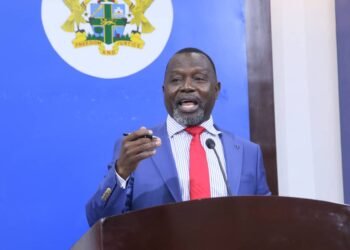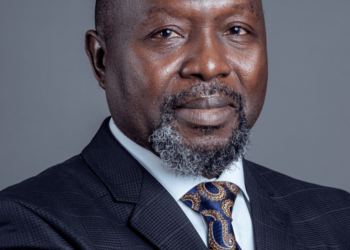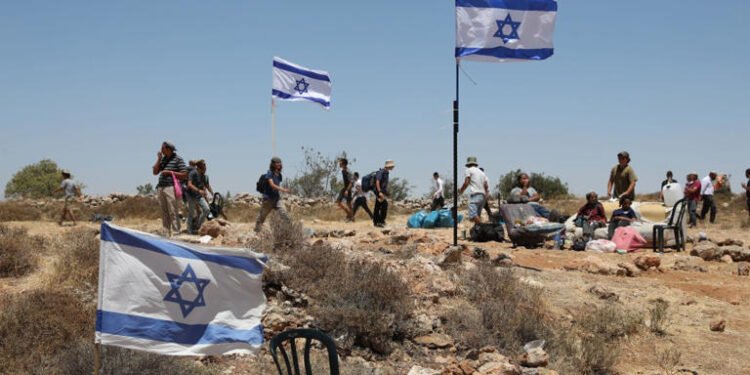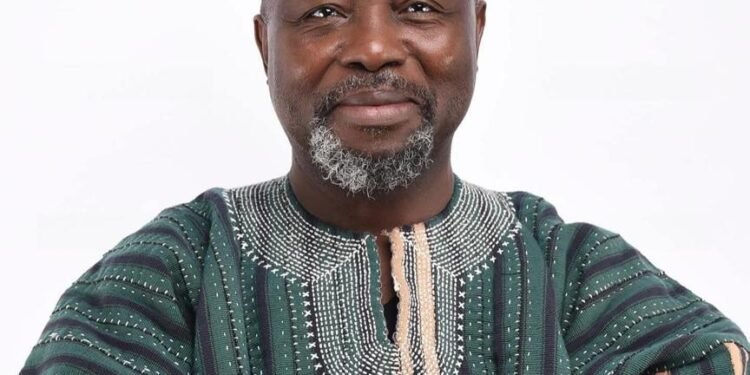Bright Simons, Vice President of IMANI Africa, has raised concerns about the United States’ recent decision to lift visa restrictions on Ghana, suggesting that the sudden policy reversal may be linked to Ghana’s agreement to participate in the Trump administration’s third-country deportation strategy.
In a detailed analysis, Simons described the matter as “a fascinating case of America internationalising its domestic political battles over immigration and entangling African countries like Ghana in the process.” His comments come after months of diplomatic friction that saw Washington reduce the maximum validity of visas available to Ghanaian citizens.
Simons recalled that in 2019, under what he termed “Trump 1.0,” Ghana was sanctioned by the US for alleged non-cooperation in deporting its citizens. He explained that the sanctions were imposed under section 243 (d) of American immigration law, but were later resolved after negotiations.
He contrasted that episode with the latest dispute, noting that in July 2025, Washington slashed Ghanaian visa validity from five years to just three months, noting that this time, however, the US framed the measure as a reciprocity action.
According to the US government, Ghanaian visa applicants were simply being treated the same way American citizens were treated when applying for Ghanaian visas. Ghana strongly rejected that claim, pointing out that US citizens continued to enjoy the five-year maximum validity rule and that no such restrictions had been imposed.
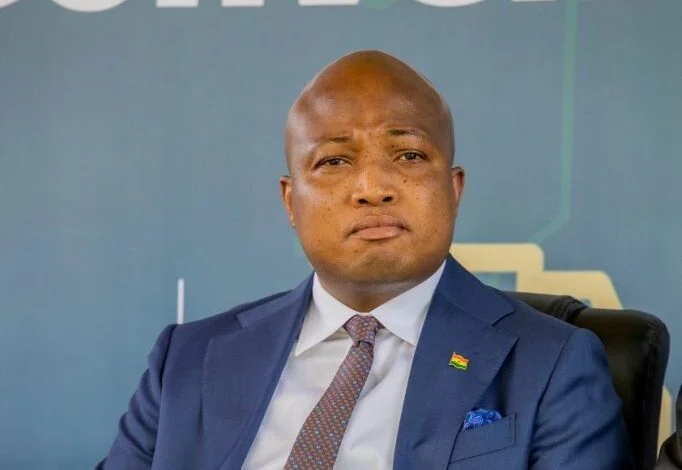
Simons explained that while disputes existed over whether first-term applicants in either country qualified for the full five-year visa, Ghana consistently denied that its policies failed to mirror US treatment in any meaningful way. Yet despite this, the restrictions remained in place until early September, when Washington suddenly lifted them and restored the five-year maximum validity for Ghanaians.
This unexpected turnabout raised questions, since Ghana had made no new concessions on visa reciprocity. For Simons, the explanation lay elsewhere.
“Considering that Ghana denied the reciprocity finding of the US and has not made any new visa concessions for American citizens, what else could have accounted for the lifting of the US visa restrictions? Clearly, it must have been the decision to accept 3rd-country deportees”
Bright Simons, Vice President of IMANI Africa
Deportation-Transit Strategy
According to Simons, Ghana had recently decided to participate in the Trump administration’s deportation-transit programme, with officials insisting that the government’s decision was not tied to the visa restrictions but rather a separate matter of “migration management.”
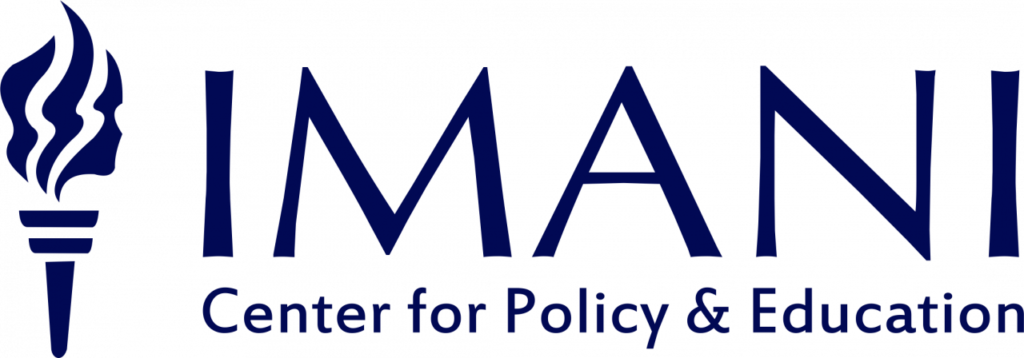
Ghana has so far restricted its intake to citizens of ECOWAS countries, allowing it to maintain that such arrivals do not require visas to enter the country. Nonetheless, Simons pointed out that this decision coincided directly with Washington’s restoration of visa validity, making it difficult to separate the two developments.
Reports indicate that at least 14 West Africans have been sent to Ghana since early September, though neither Accra nor Washington has provided details of the arrangement. Simons noted that this “lack of transparency raises further questions about the extent of Ghana’s commitments,” and the potential implications for asylum seekers who may have pending claims in the United States.
IMANI’s Vice President further highlighted that other African countries targeted in the July visa restrictions remain under sanctions.
Cameroon and Nigeria, both of which declined to conclude migration agreements with the United States, continue to face restrictions on their citizens. The fact that Ghana alone has seen its visa status restored, he argued, strengthens the case that deportation cooperation was decisive.
He, alongside other policy experts, also questioned whether Ghana should have pressed for broader concessions with the US, including on tariffs, given the scale of the compromises involved.

Describing the situation as “all too complicated,” Simons underlined the risks for Ghana in entangling itself with US domestic immigration battles, particularly when such decisions may collide with the country’s international obligations and human rights commitments.
READ ALSO: IMANI Demands Forensic Audit Over Gold-for-Oil Scandal





